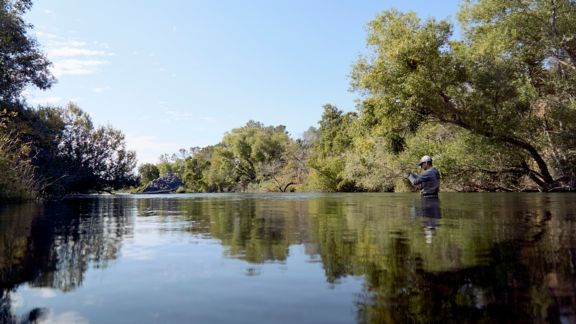Early Access to Legal Counsel Can Improve Outcomes for Youth

This article is from our NORC Now newsletter. Subscribe today.
May 2024
Providing youth with access to legal counsel before they speak to police can lead to better outcomes and greater community trust, according to a NORC study.
More laws are requiring that youth speak with a lawyer before police.
People under 18 lack the cognitive, social, and emotional maturity of adults and may not understand their legal rights. This makes them particularly vulnerable to coercion or making a false confession under police interrogation. Recognizing this risk, a growing number of states and jurisdictions are beginning to pass laws requiring that youth receive advice from a lawyer before speaking with police.
NORC interviewed defense attorneys to understand California’s early counsel laws.
With funding from Arnold Ventures and in partnership with Fair Trials, NORC conducted an implementation study of California’s early access to counsel laws for youth. As part of the study, we interviewed publicly appointed defense attorneys in 13 California counties.
Our interviews found that providing counsel to youth before interrogation by law enforcement most often occurred over the phone. This was due in large part to logistical challenges. For example, it might take attorneys hours to reach a youth in person in large rural counties or grid-locked urban areas. Attorneys, however, said in-person consultation is preferred because it is easier to ensure client confidentiality and build a rapport. They explained that it was often challenging to ensure police were not listening in during phone conversations with youth. Many attorneys said their offices did not receive additional funding or attorney compensation to provide early access services.
Attorneys say early access to counsel improved outcomes for youth.
Despite these hurdles, attorneys reported that early access ensured that youth understood their rights and could make more informed decisions. It also allowed attorneys to gather information to prepare for court hearings if a youth was charged later. Attorneys also felt that providing early access to counsel improved outcomes at detention hearings and increased community trust in the legal system.
Our research briefs share implementation successes and challenges and detail several best practices, including establishing standardized procedures for law enforcement, ensuring confidentiality in attorney-youth communications, training attorneys on working with youth, maintaining focus on the youth’s best interest, and educating communities about their rights. We’ve also produced a data collection toolkit to help attorneys and jurisdictions collect standardized data to enable ongoing program evaluation.
“Our study provides a foundation for understanding best practices for providing early access to counsel for youth in police custody for states and jurisdictions who have or may implement similar reforms,” said Genevieve Ray, senior research director in NORC’s Economics, Justice & Society department.
This article is from our flagship newsletter, NORC Now. NORC Now keeps you informed of the full breadth of NORC’s work, the questions we help our clients answer, and the issues we help them address.








